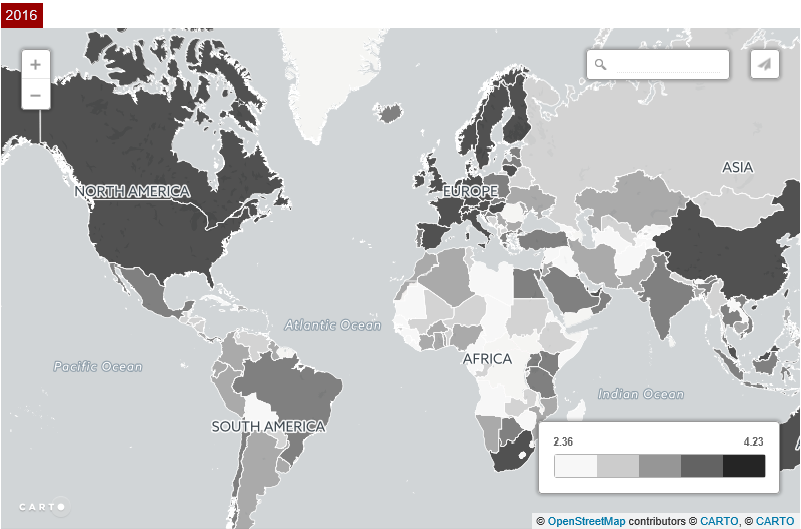NESTLE is Cleaning It's Supply Chain
By Chalie Pesti
While it’s been entirely too long in coming, many companies are beginning to make the effort to verify the sources of their products, or in the cases of food manufacturers, ingredients. Nestlé, which by revenue is the world’s largest food manufacturing company, has announced that it is taking steps to ensure that the cocoa used to make it’s world famous KitKat bars is sustainably, and ethically sourced, meaning that they will be ensuring that child labor will no longer be used to maintain its supply chain. This announcement is following shortly in the wake of a class action lawsuit against a Swiss company that produces Fancy Feast cat food, who allegedly was purchasing fish from a Taiwanese supplier that used slave labor to harvest the fish.
“Forced labor has no place in our supply chain,” the company Nestlé said in response to the new announcement. However, the company specifically named their KitKat bars, which are produced in the U.S. by its licensee Hershey, but neglected to mention if any of their other confectionary offerings will be under the same scrutiny. Nestlé did mention, however, that all of their cocoa sourced in Australia, New Zealand, Canada, and Japan has been certified for sustainable farming.
With the KitKat bar being one of Nestlé’s most successful offerings in the U.S. and around the world, it’s no small wonder that they are taking the extra steps to insure that their supply chain isn’t being tainted. Many of the bigger confectionary companies have been accused of sourcing their cocoa from farms that are rife with forced child labor. The Fair Labor Association (FLA) found four workers, under the age of 15, working the farms in Côte d’Ivoire which supplies almost 40% of the world’s cocoa. Cocoa farms use a considerable amount of forced child labor to harvest the cocoa, estimates of child labor on cocoa farms ranges between 30,000 and 800,000 depending on the region. Nestlé receives only about 20% of its cocoa from the country, according to the FLA.
Keeping the Supply Chain Clean
Nestlé won’t be the only company to be taking a closer look as to where their goods are coming from, nor will the Swiss company with the class action lawsuit be the only one we see in the near future. Not only are governments taking a firmer stance on forced and slave labor, but the consumer as well. Consumers, in particular the millennial generation, are more concerned with the source of their goods than they ever were before. A company discovered using such means as forced or slave labor to facilitate their supply chain will find themselves in a very difficult position given not only their customer base, but legal ramifications that it will now impose.


Comentarios
Publicar un comentario